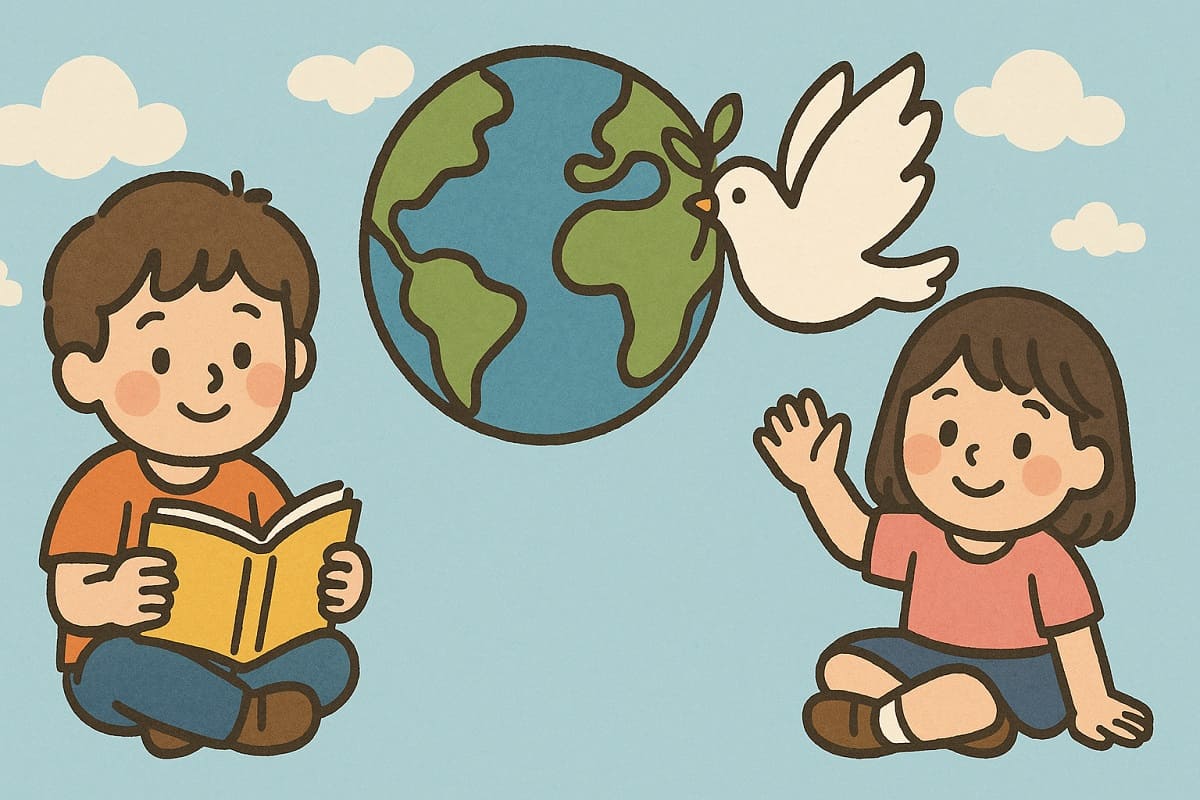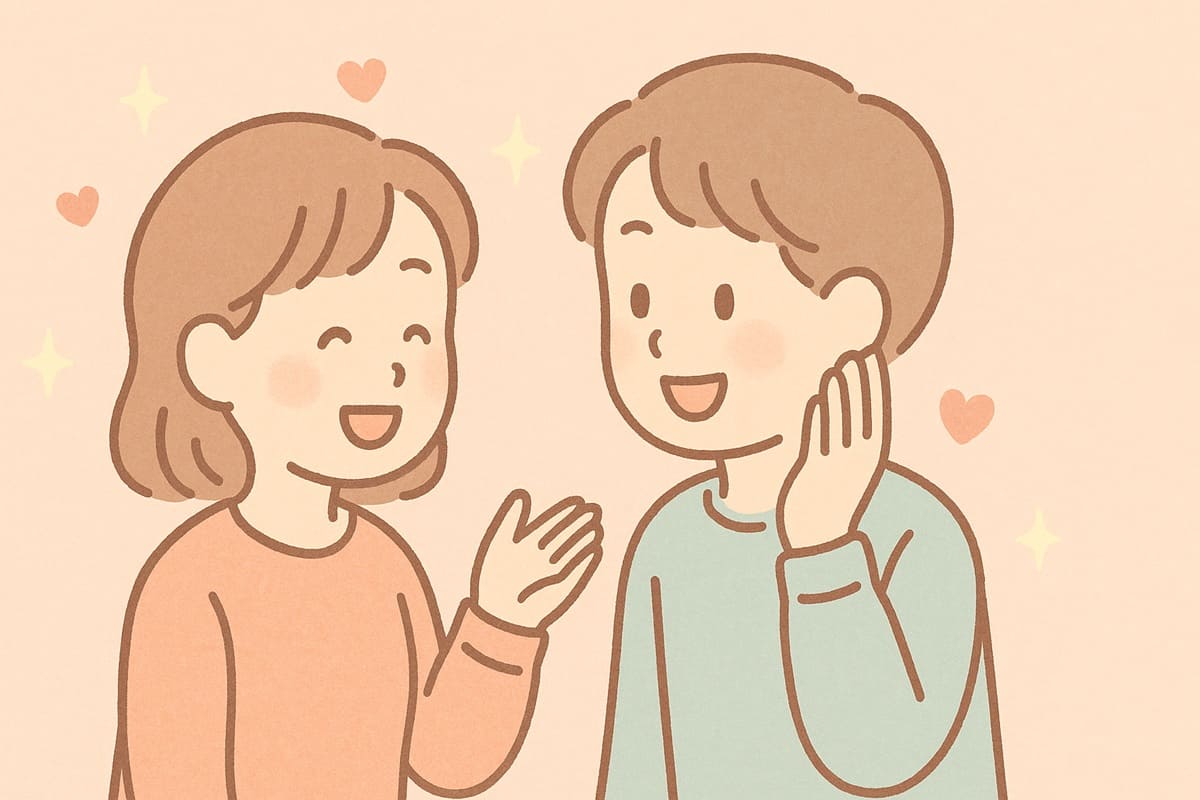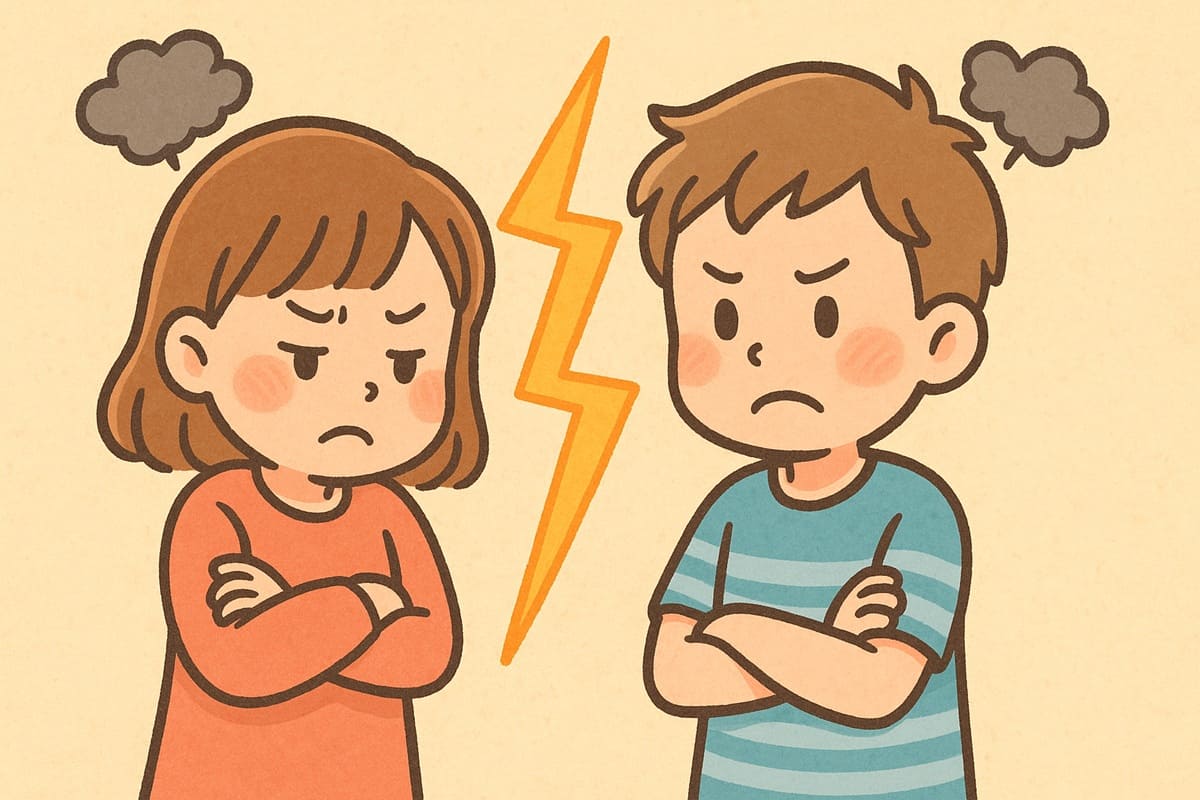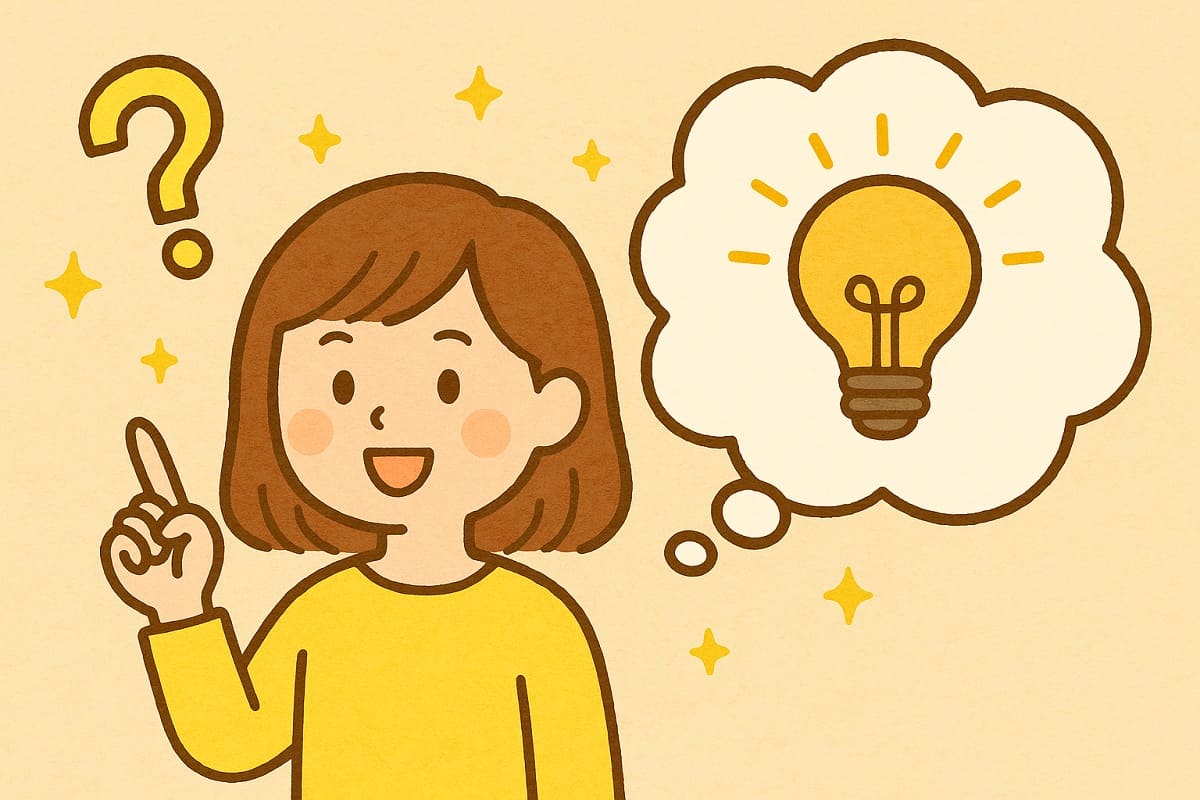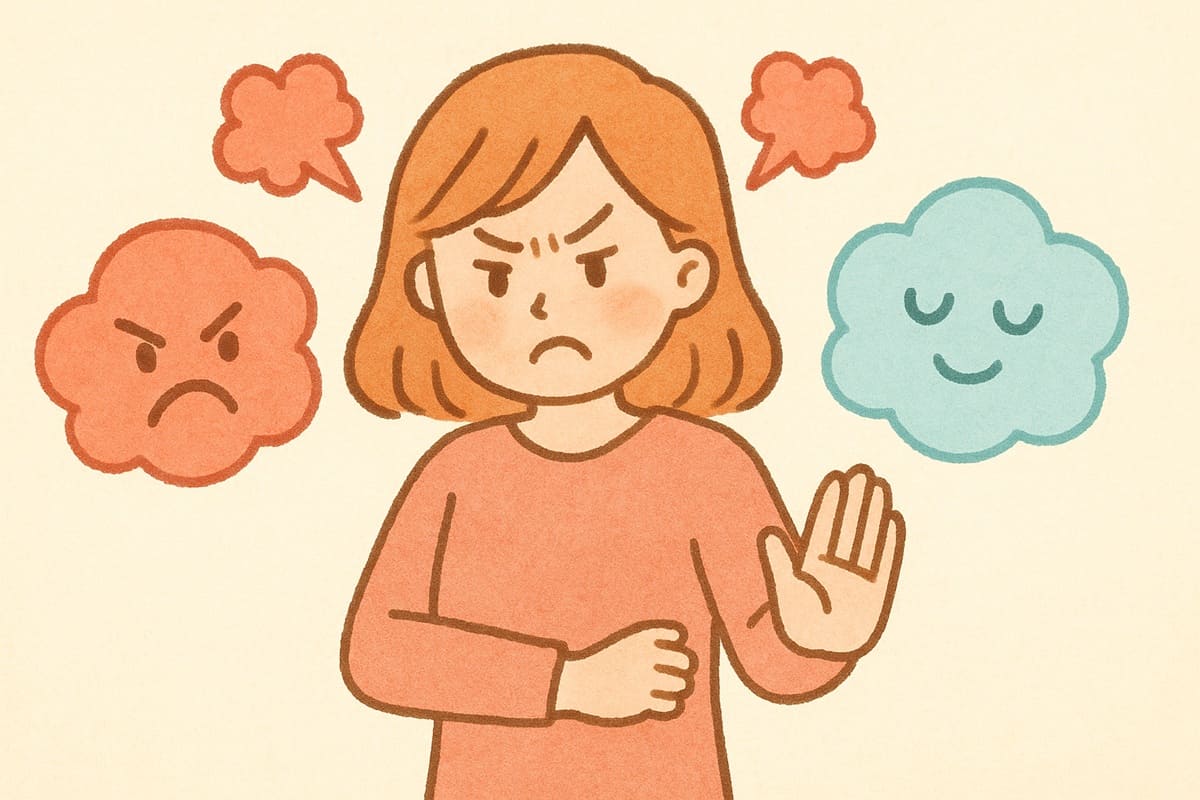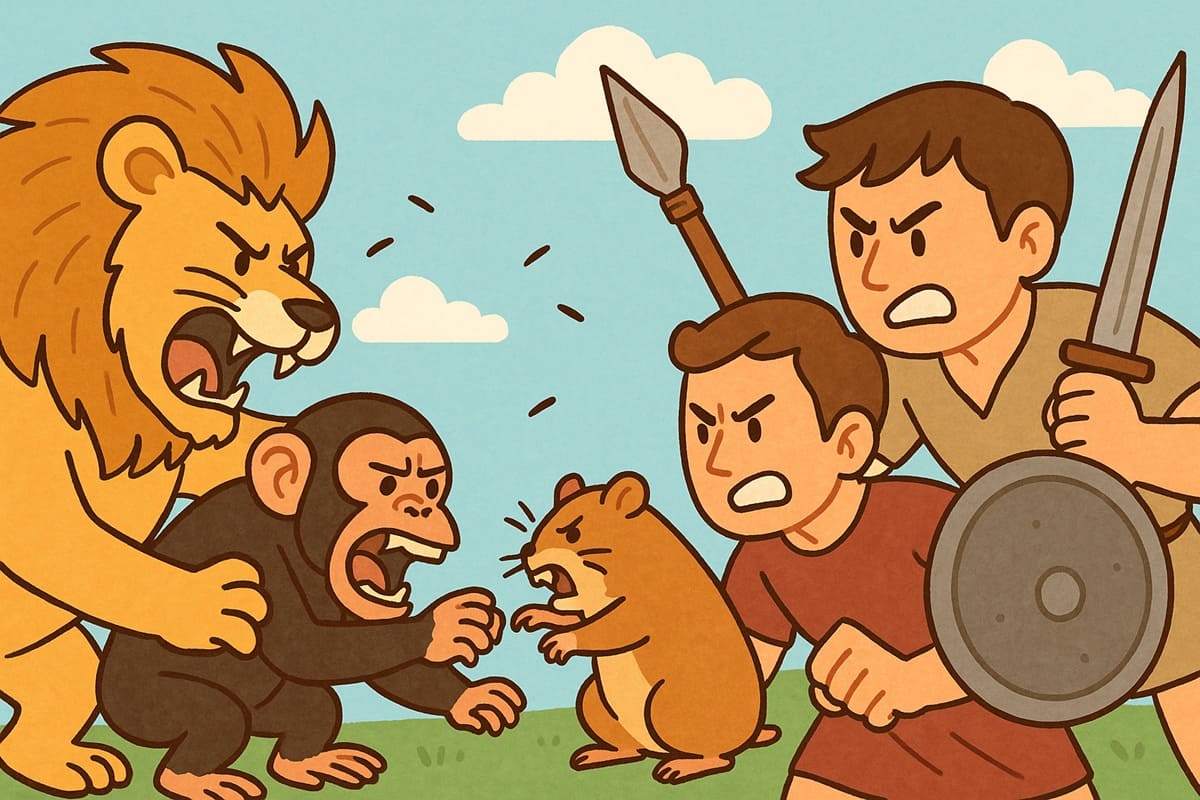What’s the Difference Between Education and Brainwashing? The Key Is to Learn Proactively
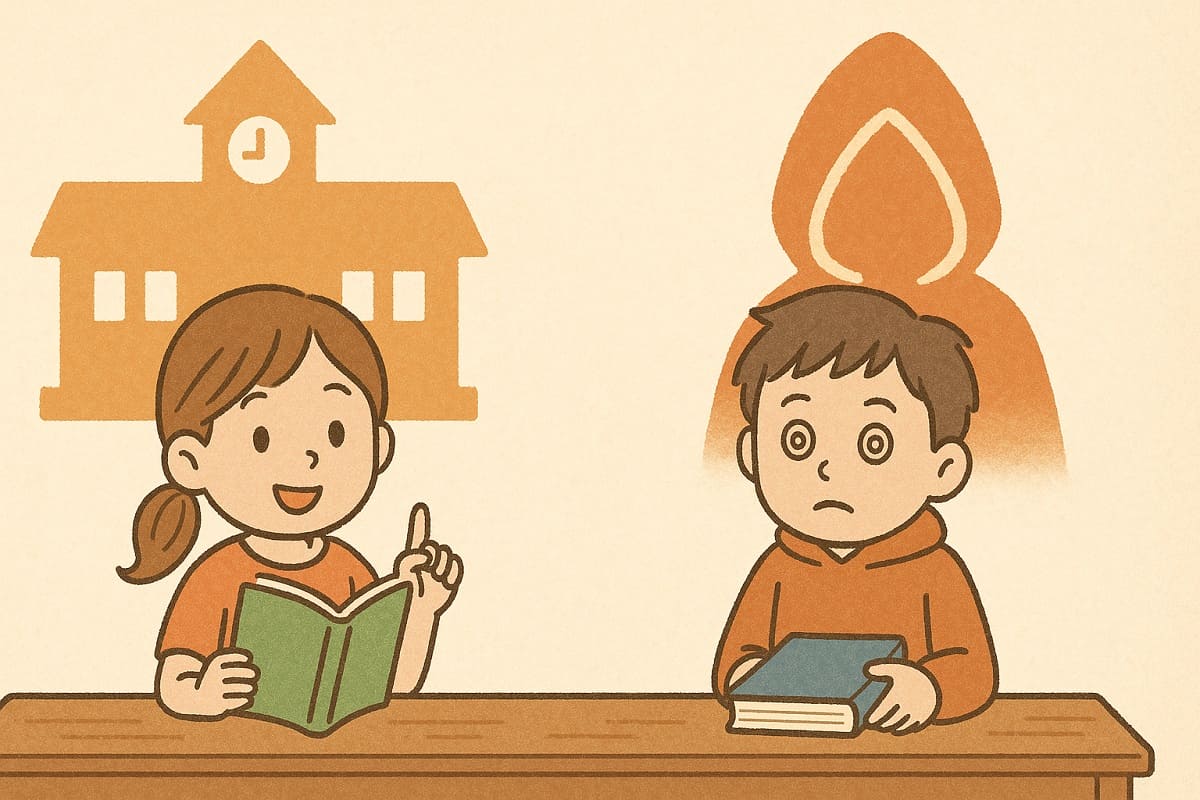
“Isn’t education basically the same as brainwashing?”
You may have thought this before. It’s understandable — when adults or teachers keep telling you things like “Do this” or “This is the right way,” you might start to feel like they’re just forcing their own beliefs on you.
But actually, there’s a huge difference between education and brainwashing. In this article, we’ll clearly explain that difference — and think about how we can make our own learning more meaningful.
What’s the Difference Between Education and Brainwashing?
First, let’s define the two terms simply.
Education is the process of learning knowledge, skills, and ways of thinking in order to be able to make your own decisions and take action. This includes school lessons, but also reading books or listening to people’s stories — all of these are part of education.
Brainwashing, on the other hand, means controlling a person’s mind by forcefully implanting a certain way of thinking and blocking out all other perspectives. For example, being told that “This belief is the only right one, and everything else is wrong” is a typical form of brainwashing.
In short:
Education helps you think for yourself.
Brainwashing stops you from thinking for yourself.
Can Education Sometimes Feel Like Brainwashing?
Here’s where it gets tricky — in reality, some parts of education might feel a little like brainwashing.
For instance, being told things like “Good kids should behave this way,” or “You can’t have that hairstyle because it’s against the rules” might make you feel like certain values are being forced on you. That can feel less like learning and more like having someone else’s ideas planted in your head.
In fact, if we look at history, there were times when governments used education to create “ideal citizens.”
In Japan during the Meiji era, values like loyalty and serving the nation were considered essential, and schools promoted these ideas.
During wartime, students were even taught that “sacrificing your life for your country is natural.”
That’s pretty close to brainwashing, isn’t it?
But Education Has the Power to Expand Your Life
Even so, education has enormous value. The right education can give you more choices in life.
For example, learning in high school or university can help you discover many different careers and ways of living. Whether it’s science, history, literature, or technology, every field has something exciting to offer — and you might find what you truly want to do.
Education also builds your ability to interpret information, express your opinions, and think critically.
With these skills, you won’t just believe everything you see on social media, or do whatever others say — instead, you’ll be able to stop and ask, “Is this really true?”
Education builds your ability to think for yourself. That’s the big difference from brainwashing.
From “Education for the Nation” to “Education for the Individual”
In Japan, modern education began during the Meiji period. At that time, the government was trying to rapidly modernize, so schools were designed to produce people who could work in factories or serve in the military — people the country needed.
But after World War II, things began to change under the influence of the United States. The goal of education shifted to “helping individuals live freely and create a peaceful society.”
More recently, there’s been a focus on nurturing “globally-minded individuals” or “creative thinkers.”
Instead of just memorizing facts, education now emphasizes things like expressing your own ideas and working with others.
So in short, education changes depending on what society needs.
That’s why it’s so important to ask yourself:
“What kind of skills do I want to gain?”
What Does It Mean to Learn Proactively?
To sum up: the biggest difference between education and brainwashing is whether or not you’re free to think for yourself.
That’s why learning proactively is so important.
For example, when you’re in class, try asking yourself:
- “Is this really true?”
- “What do I think about this?”
- “How do people in other countries view this?”
Thinking in this way is the first step toward learning on your own terms.
Also, if you think about questions like “Why am I learning this subject?” or “What skills will I need in the future?” and choose to learn with your own goals in mind — then that’s nothing like brainwashing.
Conclusion: Learning Is a Door to Freedom
Sometimes, education can look like someone is just pushing their ideas onto you. But if you don’t just accept what you’re told, and instead ask “Why?”, do your own research, and think for yourself — then it becomes a path toward freedom, not brainwashing.
Learning gives you the tools to live better in society, and it opens up your world.
When someone tells you, “You should be like this,” that’s exactly the moment when your ability to think for yourself and respond in your own words becomes important.
So don’t be passive — keep moving forward with your own curiosity and motivation to learn.
Main References
- Paglayan, A. S. (2022). Education or indoctrination? The violent origins of public school systems in an era of state-building. American Political Science Review, 116(4), 1242–1257.
- Kayashima, N. (2019). Educational development in modernization in Japan. In Seven Chapters on Japanese Modernization. JICA–Open University of Japan.
- UNESCO Institute for Lifelong Learning. (2023). Japan: Basic Act on Education, issued in 2006.

